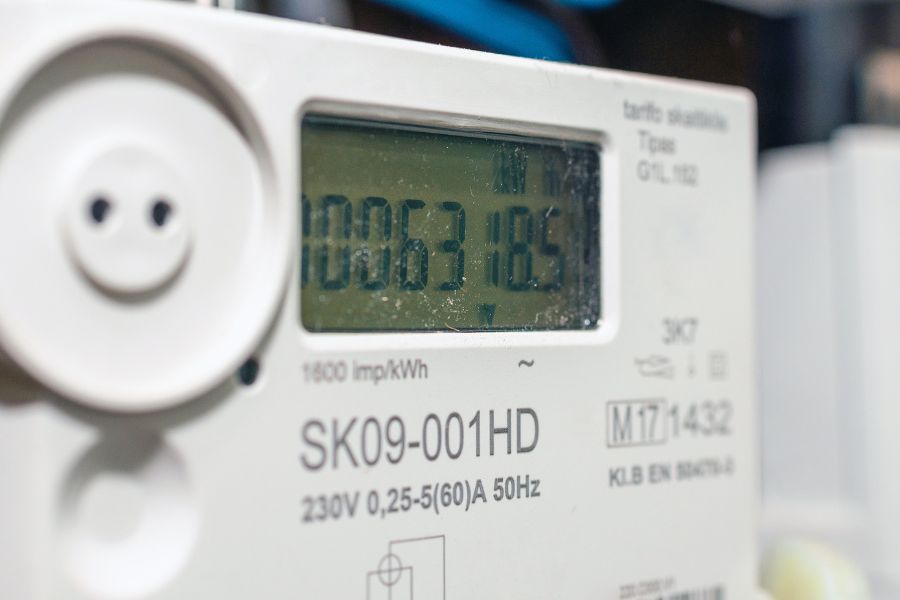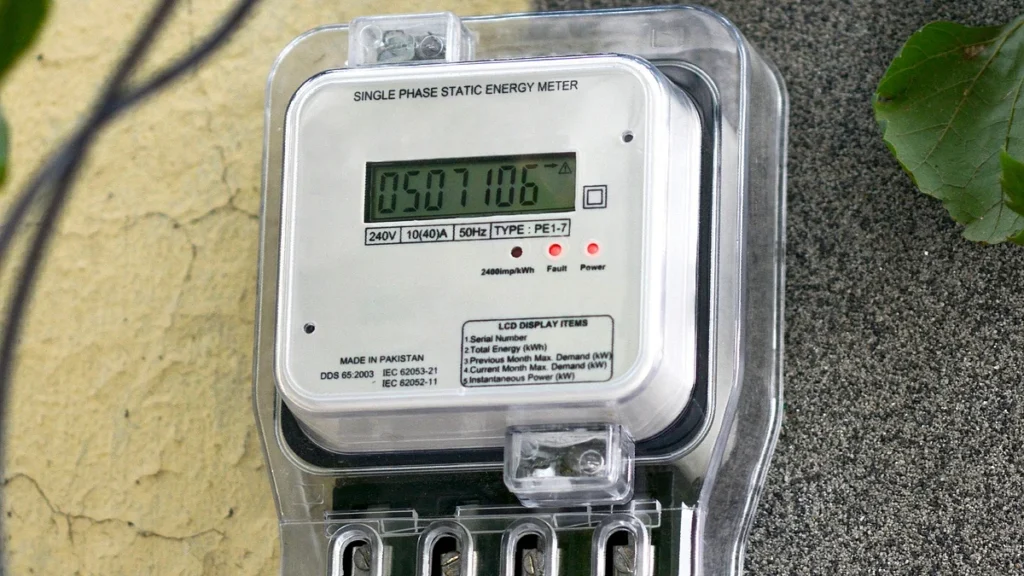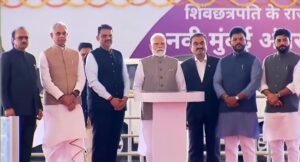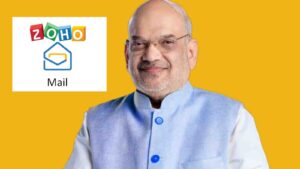Will Smart Meters Become Mandatory? Understanding Smart Meters and Their Impact on Consumers

Will Smart Meters Become Mandatory? Understanding Smart Meters and Their Impact on Consumers
Electricity consumers across Maharashtra have started noticing a change — traditional meters are being replaced by advanced digital alternatives. These are known as smart meters, specifically the Time-of-Day (TOD) variant, and their installation is being led by MahaVitaran (MSEDCL) as part of a broader move toward modernization and transparency in power usage. While many welcome this upgrade, there’s also a fair amount of hesitation and confusion among the public. Here’s a closer look at what these smart meters are, why they’re being installed, and how they could benefit you.
What Exactly Are Smart Meters?
Smart meters are digital electricity meters that automatically record energy usage and send the data directly to the utility provider in real time. The Time-of-Day (TOD) feature allows tracking of electricity consumption at different hours of the day. This means consumers and MahaVitaran both get accurate insights into when and how much power is being used — morning, afternoon, peak evening hours, or late at night.

Why Is MahaVitaran Installing These Meters?
MahaVitaran is currently rolling out these smart meters for low-voltage domestic electricity users across the state. The goal is to eliminate the need for manual meter readings, improve billing accuracy, and empower users with better control over their electricity consumption.
One major concern for many has been the cost of these new meters. However, MahaVitaran has made it clear that consumers will not be charged for the installation. The entire process is being supported by central government funding, which is helping subsidize the rollout.
How Do These Meters Work?
Smart TOD meters come equipped with a communication port that keeps them connected directly to MahaVitaran’s central server. This continuous connection ensures that real-time electricity usage data is automatically logged and shared with the utility company.
One key advantage here is immediate fault detection. If a meter malfunctions or stops working, both the consumer and the electricity provider are instantly notified. This reduces the downtime and helps resolve issues much faster than before.
Accurate Billing, No Human Error
With smart meters, automated readings replace the manual visits by meter readers. This means there is no room for human error or miscalculations. Consumers receive accurate bills on time, and the process becomes more transparent for both parties.
Moreover, since this technology allows for data collection in real-time, users can now track their daily and even hourly electricity usage through their smartphones. This level of insight helps households manage their power consumption more efficiently.
Public Concerns and Resistance
Despite the many benefits, not everyone is on board with the smart meter rollout. Several consumers across Maharashtra have formally submitted applications opposing the installation of these devices. Their concerns vary — from doubts about accuracy to worries over increased bills and privacy.
Yet, even in the face of public pushback, contractors, with the support of MahaVitaran officials, have continued with the installation process in various areas. The utility maintains that these meters are intended to serve the public interest, not harm it.
So, Are Smart Meters a Step Forward?
The transition to smart metering represents a major shift in how electricity is managed and billed. While concerns from the public are valid and deserve attention, the larger vision behind this initiative points toward a more accountable and efficient power distribution system.
As with any new technology, understanding and adaptation take time. But for those willing to embrace it, smart meters offer clarity, convenience, and control over their energy use — all without any additional cost. In the long run, they could help not just individual households, but the power sector as a whole, to function more intelligently and sustainably.










